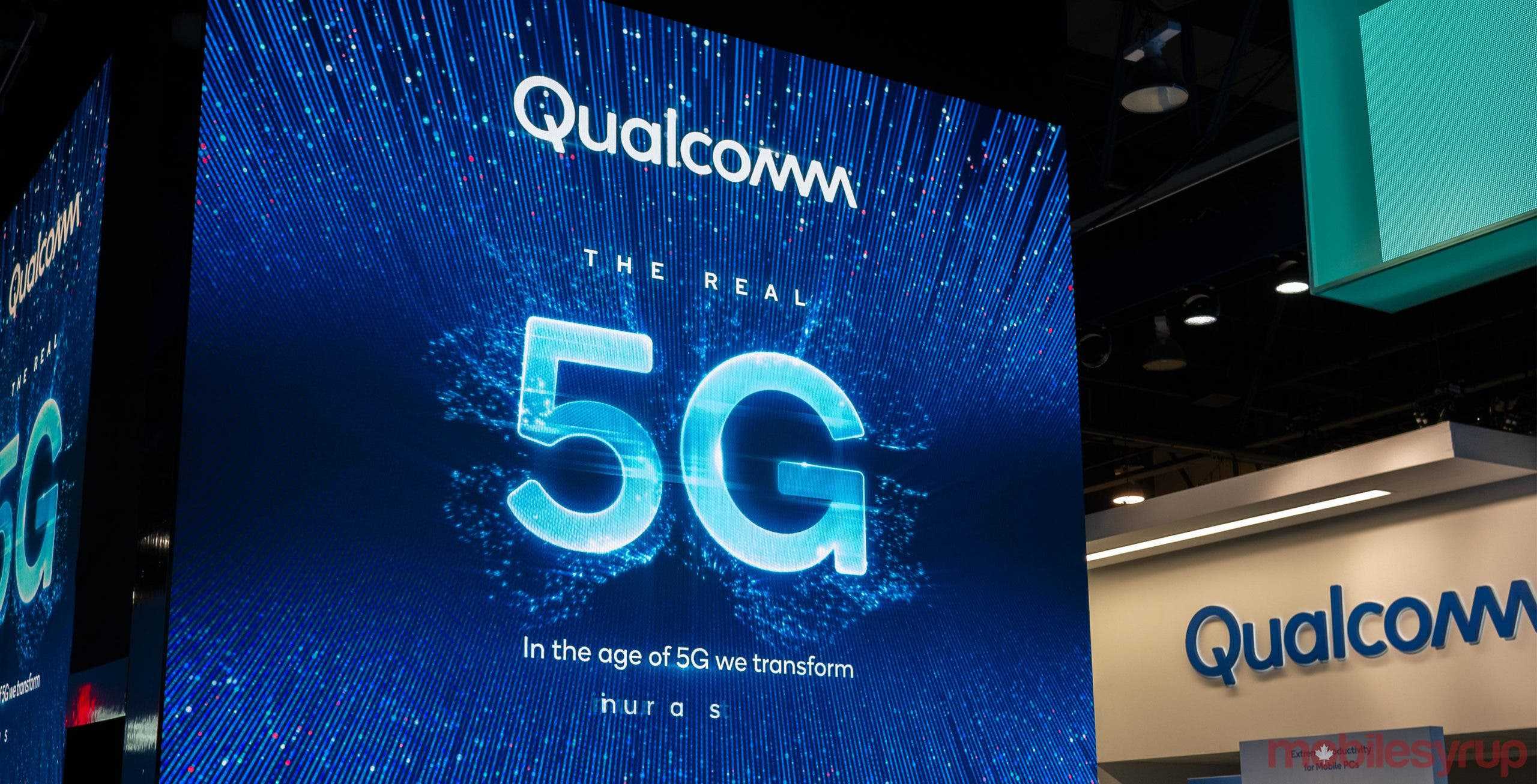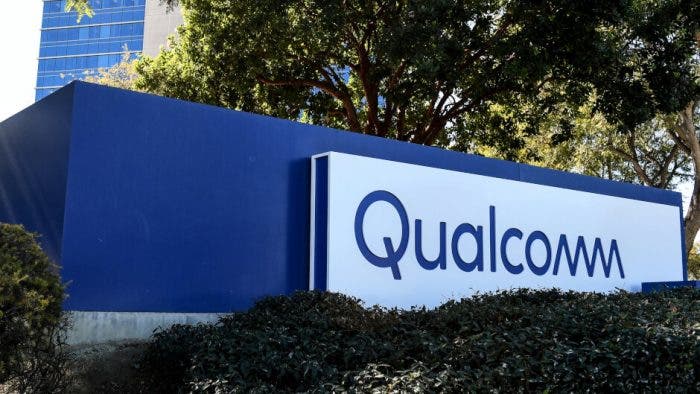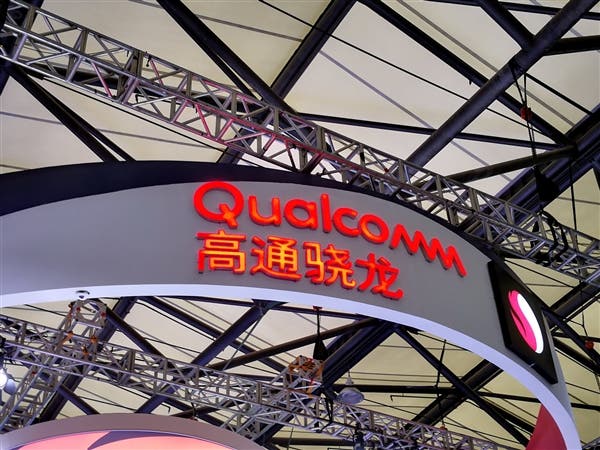A few days ago, Qualcomm announced its plan to open a 5G R&D facility in France. The company hopes to expand its efforts in the local and global development of next-generation networks. In a statement, the company claims its subsidiary, Qualcomm Communications will control the center. With this addition, Qualcomm’s R&D centers in France are now four.

According to Qualcomm, its latest base will focus on “5G and the future evolution of 5G”. It will also promote the development of this technology “locally, regionally, and globally”. This new Qualcomm R&D center will be in Lannion in Brittany and Issy-Les–Moulineaux in the Paris-Region. Both the French government and Qualcomm has been promoting the Lannion center. It is also a leading telecom engineering hub and retains its top talent and technological expertise.
John Smee, vice-president, engineering, Qualcomm Technologies Inc., said: “France already has a leading technical engineering infrastructure in place, so it is a natural fit for this new 5G R&D hub. The 5G R&D team will be working on advanced systems engineering to help define the future of 5G and beyond – and the new center is a tremendous opportunity for the individuals involved and for the company.”
Qualcomm loses anti-monopoly lawsuit in Europe
According to recent reports, Qualcomm lost a lawsuit today in a protracted antitrust case. Before the appeal, the EU had asked Qualcomm to provide more information about its business practices. In July 2015, the European Union officially launched two antitrust investigations against the company. These lawsuits were to assess whether the chipmaker abuses its dominant market position to force consumers to use its chips. In December 2015, the European Union formally accused the company of using its dominant position in the mobile phone chip market to suppress competitors.

As part of the ongoing investigation, the EU requires Qualcomm to provide more relevant information. However, the company subsequently appealed the EU’s request. In its appeal, it asked the court to reject the EU’s request. Qualcomm said at the time that collecting the data required by the European Union would cost at least 3 million euros. It will also cost thousands of hours of work by 50 employees and 16 external consultants.
For big manufacturers, cases like this are very common and they face them regularly. The likes of Huawei, Apple, and Samsung are regulars with cases like these. However, these companies always find a way to survive despite huge fines in some cases. Qualcomm will now have to face the rigorous process of providing more information on its business practices.





